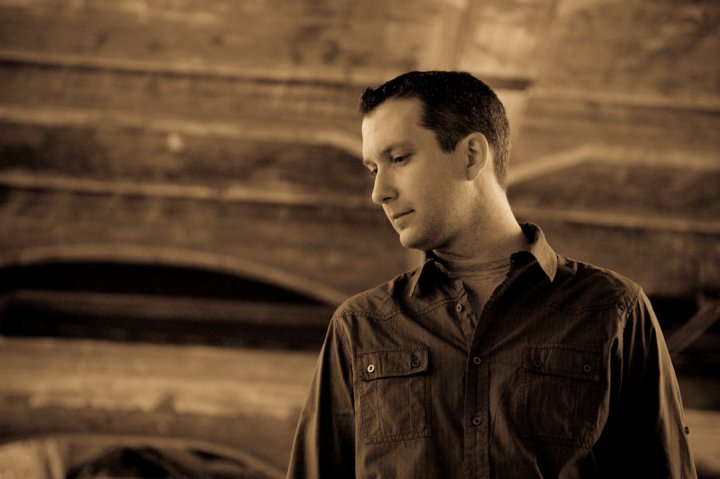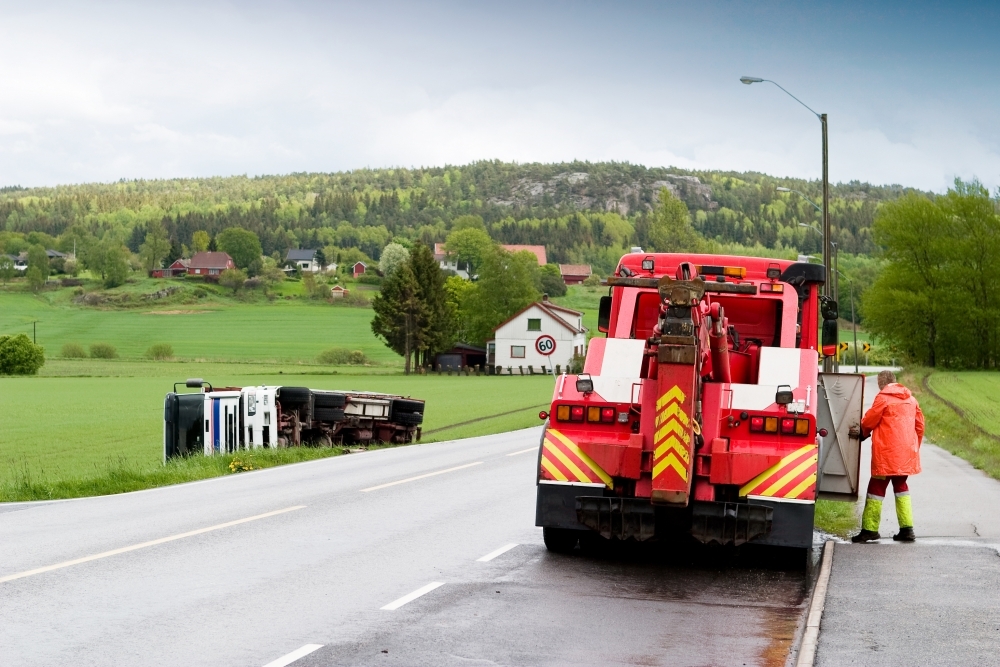The power to change
- At March 02, 2015
- By Nathan
- In Effective living
 0
0
Some things cannot be changed. Oh yes, that’s just the way it is. Some things will never change. Or at least we cannot change them. Take, for example, pretty much everything that occurred during the previous month.
Which is to say, that February 2015 has now come to an end. Twenty-eight days quickly came and went. And this period of time will never be back. What happened, whether it was good or bad or otherwise, is all over now. It’s finished, done, final. We all know that searching for a magical rewind button in order to change whatever took place, in this awkward or perhaps that terrible situation, is a waste of time and a ridiculous thing to do.
Often there are more opportunities to make a difference than we realize
So baring the invention of a time machine, the past is one obvious example of something in your life and mine that cannot be changed. But there are many others. Consider a very serious health situation. Hopefully we won’t have to anytime soon. But then again, we might. People deal with these kinds of issues everyday.
Here in Canada, thankfully quite often treatments are readily available for any number of health issues. A pill can be produced or a change of diet makes a difference. But for everyone who is alive, there will come a time when it is no longer possible to stay alive. Cancer eventually strikes or another terminal disease set in. And when that happens, no doctor or nurse will be able to do anything. For any number of reasons, our bodies wear out and break down. I don’t like to think about it and probably neither do you. But death is always just around the corner.
When it’s our turn to die, money won’t make a difference. Race and nationality will seem irrelevant. Status and success will fade from view. On that day, as health and vitality begins to face, our attention will be focused on one glaring reality: Life as we know it will soon come to an end.
And yes, you are very welcome for this pleasant reminder of your impending personal doom.
But the main purpose of this post is to point out that many things can be changed. This is easy to forget. The situation you have in mind may not change automatically or without an incredible amount of effort. But positive change is often possible. It is necessary to be regularly reminded of this and especially when facing challenging times.
Looking around, it may occasionally seem like very little can be changed. Realistically, there might not be much in the way of immediate hope on the horizon. Possibly someone reading this presently feels trapped and powerless. But despite all the things you can’t do, try to identify what you can do.
Here are a number of situations that quickly come to time:
1. I can’t force anyone to visit this website. But I can try to provide valuable content.
2. I can’t become good at everything. But I can become good at something.
3. I can’t fix what is wrong with this world. But I can fix a very small part of it.
4. I can’t control how others respond to me. But I can try to control how I respond to them.
5. I can’t reach my goals today. But I can take the next small step.
Personally, I find this exercise to be very helpful. Out of curiosity, what would you include on your list? It goes without saying that this idea certainly isn’t original with me. A certain prayer by Francis of Assisi may come to mind for many. But unfortunately, bad theology (among other things) can still kick in at this point and block this exercise from ever taking place.
While this might not describe your situation, some people believe that God directly controls everything and that there is very little room in His universe for human freedom and creativity. To be honest, I sometimes really wish that this was true. For the amount of suffering that takes place because of the large-scale abuse of human freedom can sometimes feel like too much to bare. As well, then nothing much would be expected of us other than to do what we had already been programmed to do. Then life would easy, dull but easy.
But real life doesn’t work that way.
There are real choices that need to be made and real consequences to deal with. Yes, God is ultimately in control. But our input is required. For now, the exact relationship between human freedom and God’s will largely remains a mystery. But in the meantime, don’t underestimate the power you have been given to creatively change your situation and make a positive difference in this world.
© Career & Life Direction 2015. All rights reserved.
Your clearness committee
- At November 24, 2012
- By Nathan
- In Career & Life Planning
 0
0
Major decisions can have far-reaching consequences. Making a wise decision that is a fit with who you are as a person can be a challenge. One way to improve the chances of personal success is to organize your own clearness committee before spontaneously launching out in a new direction.
It isn’t a good idea to get into the habit of making large decisions all alone.
Clearness committees have been around now for over 300 years. Although this term can be traced back to the Quakers, many other groups of Christians emphasis the importance of seeking wise counsel. And for that matter, this concept comes across to many people as simply common sense. But the problem is that it isn’t always immediately obvious to young people, etc. how to invite the input of others.
Organizing a clearness committee is one way to go about gaining insight when you are faced with a significant life decision.
The use of language changes over the years. Words can become emotionally charged in a negative way. For any number of reasons, committees have developed a bad reputation. Most people would rather not go there. When you hear “committee” your knee-jerk reaction may be to quickly get away.
For one thing, committee meetings usually take place in the evening when you are already tired after a busy day. It can feel like one more event to squeeze into an already hectic schedule; another item on your agenda that you would be happy to avoid. Then, these group meetings often lack the structure and focus that is required in order to make the time spent positive and productive.
Committee meetings have been known to go on and on and on into the night accomplishing very little by the break of day. Exhausted and frustrated, you finally make your way home in a bad mood.
And let’s face it: Any time when you get a diverse group of people in one small room for a long period of time it isn’t always a good thing. Some tend to take over. Others refuse to engage in the discussion. Soon small details take up large amounts of time. There is one diversion after another. Rabbit trails multiply. Personalities clash. Before long, the conversation takes a wrong turn – the debate gets nasty and personal. People pick sides and exchange words, etc.
Who would want to be a part of that?
The strength of a committee, however, is that a wide variety of insights and perspectives are available to address the problem at hand. Insight and perspective: that is what you need right now in order to make a wise decision that will impact your future in a positive way.
How does a clearness committee work?
First of all, you need to sit down and take some time to write down what you are thinking about doing and why. Go into as much detail as you can. Let’s say you are considering moving to Madagascar to teach Canadian tourists how to commune with large sharks out in the open ocean. Try to answer the who, when, where, why, and how questions. Maybe you could start by making a note of how fast you can swim and how much life insurance you have. Go from there.
Next, call up 5 or 6 people you know and trust and ask them to meet with you for 2-3 hours. Be clear that you are not asking them to give you advice or tell you what to do. The idea is to have others ask you questions and possibly make observations in order to clarify what you think you should do. Set a date and then send your friends what you have written a few days in advance so they have time to think about your situation.
When you meet, ask someone to lead your clearness committee and enforce the observation-and-question-only rule. Ask someone else to take brief notes of what is said during your time together. This will provide the basic structure and allow you to reflect on the insights that were offered later on.
Be prepared for awkward moments of silence. It is okay to not always have the air filled with words. But, at the same time, be prepared to benefit from the many thoughtful questions and observations your friends will offer.
This brief discussion isn’t intended as an endorsement of everything any particular Quaker person or group may believe. Nor is this to be taken to suggest that a quest for “inner truth” sums up the whole decision-making process. But this is one way you can begin to move beyond an excessively individualistic way of life and hopefully make better decisions.
By way of full disclosure, I have never organized or been a part of a clearness committee. But I wish I had. Looking back, this type of encouragement and support would surely have been beneficial early on.
So think about your future. Take the initiative. Do what you need to do in order to make wise decisions today.
© Career & Life Direction 2012. All rights reserved.
Asking for wisdom
- At February 01, 2012
- By Nathan
- In Career & Life Planning
 0
0
One interesting, encouraging, and humbling thing to do on a daily basis is to ask God for the wisdom you need to navigate your way through life. You can ask for wisdom about your career and life direction. You can ask for wisdom about anything at all. If you are interested in a reference point for this advice, try the book of Proverbs or the book of James. And If you are sceptical about this opening suggestion, give it a try; you might be surprised what happens.
“It is a great big stupid world,” as Randy Stonehill used to sing. Not a flattering thought to be sure, but all too true nonetheless. With so many advances in human understanding many people are tempted to meditate on how smart and intelligent and brilliant and wonderful and self-sufficient we all are. But we are not. Not really. Here in Saskatchewan, there is enough uranium to keep the lights on around the world for years to come. But, knowing humanity, we are probably going to use it – some day – just to blow ourselves up. Even the best and the brightest among us is a complete fool compared to God. We need help. Sorry to be so blunt.
Read More»



































